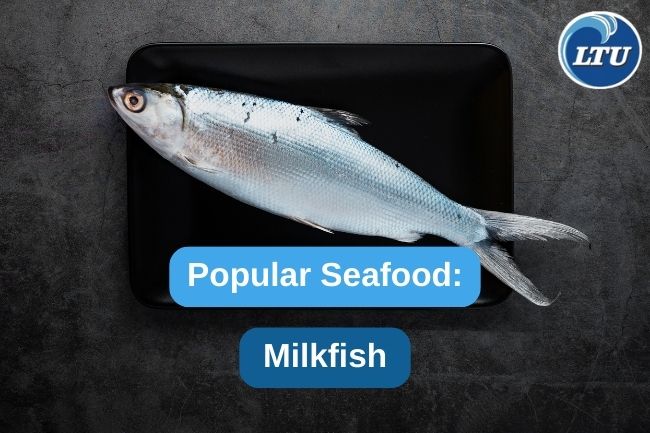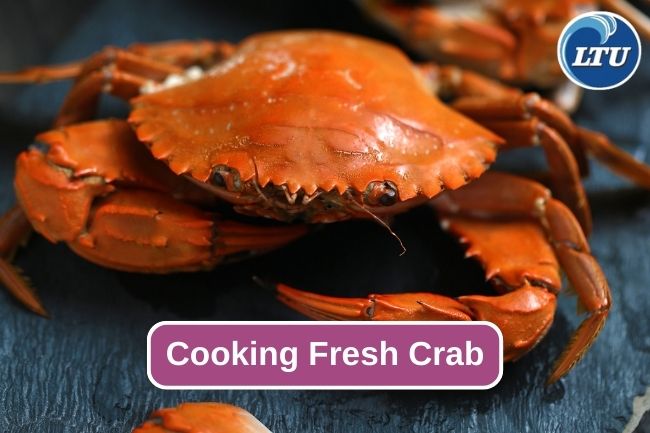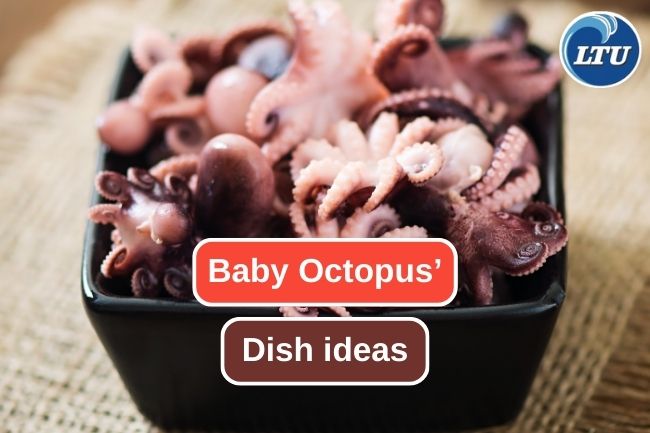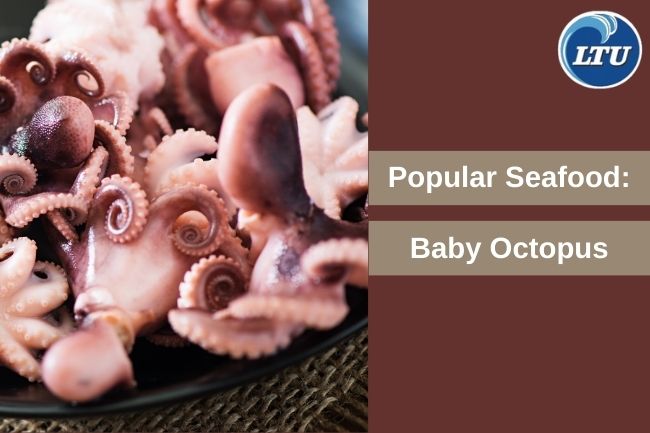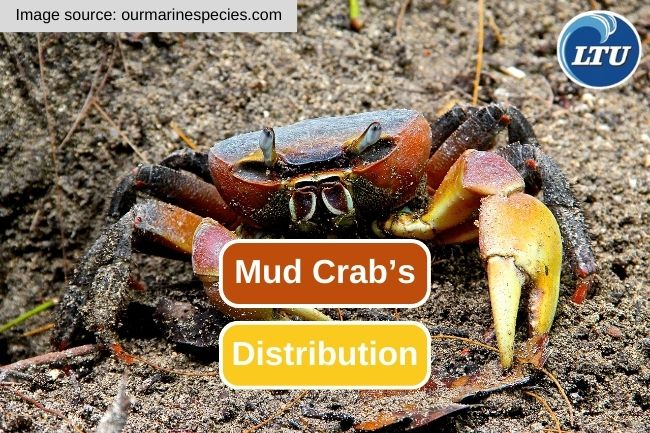The Humboldt Squid's Ecological Roles in Marine Ecosystems
By. Nevanda - 24 Aug 2023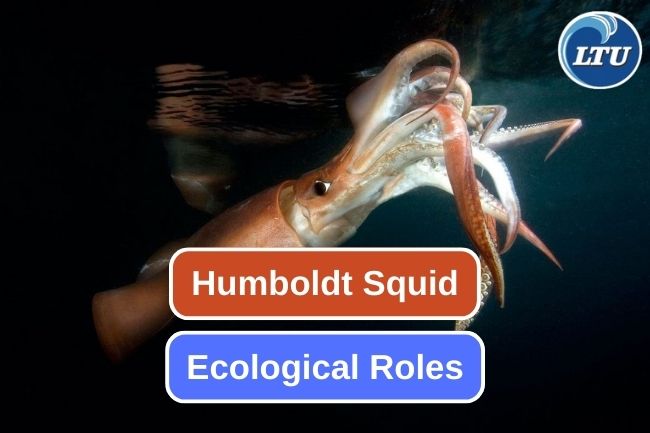
lauttimur.com - The Humboldt squid (Dosidicus gigas) plays several important ecological roles within the marine ecosystems it inhabits. While its precise impact can vary based on factors such as population density, prey availability, and environmental conditions, here are some of the key ecological roles that the Humboldt squid fulfills:
1. Top Predator
As a highly efficient and voracious predator, the Humboldt squid occupies a prominent position in the marine food web. It preys on a wide variety of organisms, including smaller squid, fish, crustaceans, and other cephalopods. Its role as a top predator helps control the populations of its prey species and influences the overall structure of the ecosystem.
Read also: The Versatility of Smoked Salmon in Exquisite Dishes
2. Prey for Larger Predators
While the Humboldt squid is a predator itself, it also serves as a valuable food source for a range of larger predators. Marine mammals such as sperm whales, sharks, and various seabird species are known to feed on Humboldt squid. The squid's abundance can impact the diets and foraging behaviors of these predators, potentially affecting their populations and distribution.
3. Nutrient Cycling
The feeding activities of the Humboldt squid contribute to nutrient cycling within marine ecosystems. When they consume prey, they release nutrients through excretion, which can enrich surrounding waters. This nutrient cycling can have cascading effects on primary productivity and the overall health of the ecosystem.
4. Population Regulation
The Humboldt squid's population dynamics can have regulatory effects on both its own numbers and those of its prey species. Fluctuations in squid populations may lead to changes in predation pressure on other species, causing ripple effects throughout the ecosystem.
Read also: A Hearty Recipe of Finnish Salmon Soup
5. Research and Monitoring
The Humboldt squid's behavior and distribution have attracted scientific interest and studies. By monitoring their movements, population trends, and interactions with other species, researchers gain insights into the health and dynamics of marine ecosystems. This information is crucial for making informed management decisions that maintain ecosystem balance and support sustainable fisheries.
In summary, the Humboldt squid's ecological roles extend beyond its position as a formidable predator. Its interactions with prey, predators, and its own species influence the structure and function of marine ecosystems. Understanding these roles is essential for comprehending the broader impacts of the Humboldt squid on oceanic food webs and for implementing effective conservation and management strategies.
Read also: A Perfect Condiment: Mentaiko Sauce

